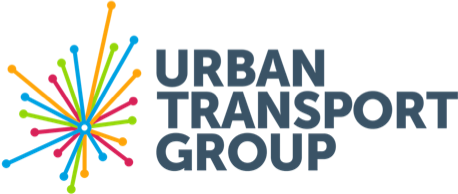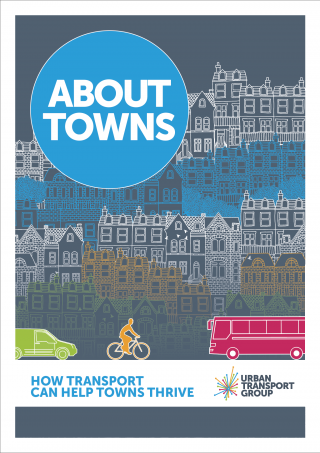Briefing
The urgent need for sustainable bus funding arrangements for bus services in the Covid-19 recovery period
This briefing sets out the case for a more robust and cost effective format for bus funding for the recovery period. Updated 16th June 2020


